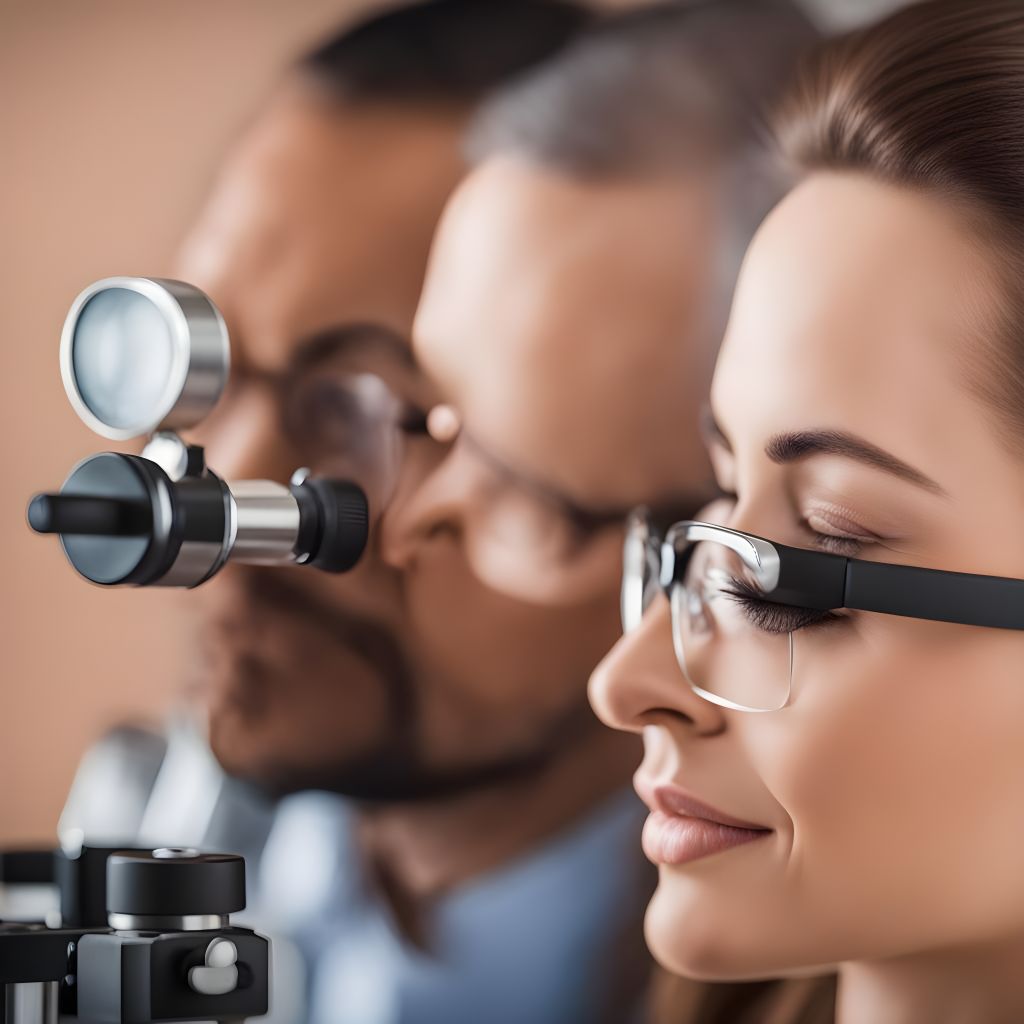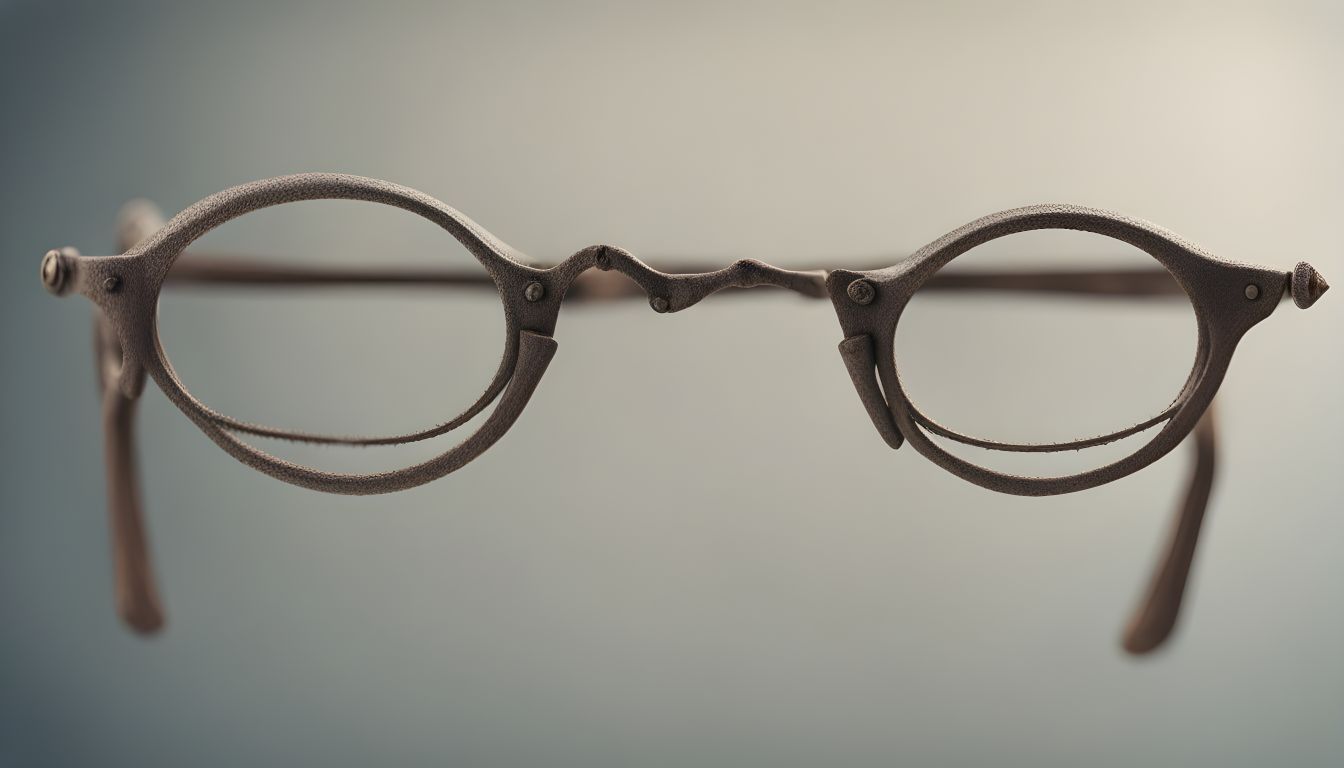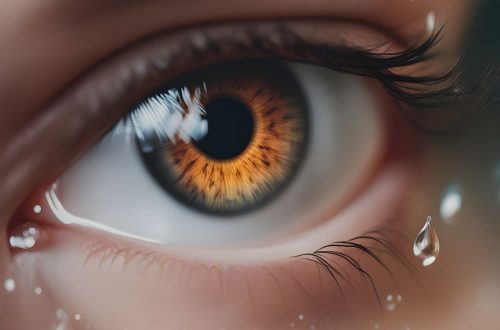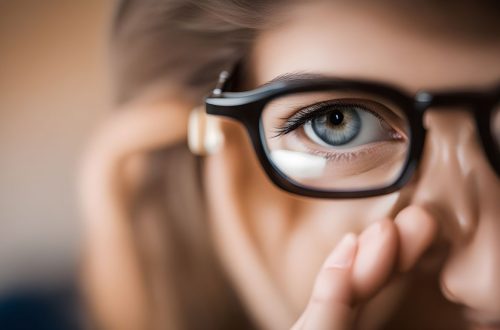Eye examinations are a fundamental aspect of maintaining good vision and overall eye health. They allow eye care professionals to assess vision, screen for eye diseases, and identify any vision problems. In some cases, eye examinations may involve the use of muscle relaxants to provide a more accurate and comprehensive assessment. In this article, we explore the role of muscle relaxants in eye examinations and when and why they might be used.
Why Muscle Relaxants in Eye Examinations?
Muscle relaxants, or cycloplegic agents, are eye drops that temporarily paralyze the ciliary muscles in the eye. These muscles are responsible for adjusting the shape of the eye’s lens to focus on near objects (accommodation). By temporarily relaxing these muscles, eye care professionals can gain valuable insights into various aspects of eye health and visual acuity.
Assessing Refractive Errors
One of the primary reasons for using muscle relaxants during an eye examination is to obtain an accurate assessment of refractive errors. Refractive errors, such as myopia (nearsightedness), hyperopia (farsightedness), and astigmatism, can affect the eye’s ability to focus properly. By temporarily immobilizing the ciliary muscles, muscle relaxants ensure that the eye is in a state of complete rest, providing a more accurate measurement of refractive errors.


Pediatric Eye Examinations
Eye examinations for children can be challenging due to their ability to accommodate effectively. Muscle relaxants are often used in pediatric eye exams to obtain precise measurements of refractive errors and assess the need for eyeglasses. This is especially important as undetected vision problems can impact a child’s learning and development.
Detecting Eye Health Issues
During an eye examination, eye care professionals also check for eye health issues, such as glaucoma, cataracts, and retinal problems. Muscle relaxants allow for a thorough examination of the eye’s structures, including the retina and optic nerve. They can aid in the early detection of eye diseases, leading to prompt treatment.
Contact Lens Fitting
For individuals interested in wearing contact lenses, muscle relaxants can assist in fitting the lenses accurately. By ensuring the eye is in a relaxed state, eye care professionals can determine the appropriate lens prescription and fit, enhancing comfort and visual clarity for contact lens wearers.



Eye examinations with muscle relaxants play a crucial role in assessing refractive errors, detecting eye diseases, and ensuring accurate eye health evaluations, particularly in children and individuals with accommodation challenges. These eye drops, when used by trained eye care professionals, provide a valuable tool for achieving precise measurements and promoting overall eye health. If you have concerns about your vision or are due for an eye examination, consult with an eye care specialist who can determine if muscle relaxants are necessary for your comprehensive eye assessment. Remember that your vision is a precious asset, and regular eye examinations are key to preserving it.




